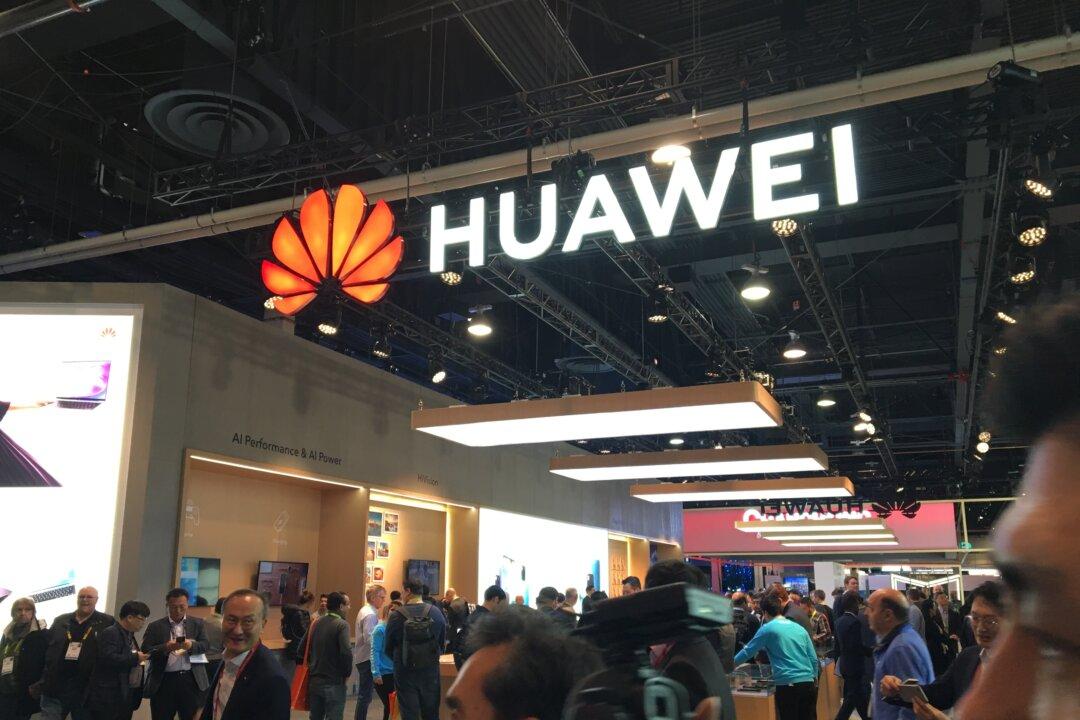WARSAW—A former Polish security official arrested by Polish authorities has been charged with spying for China while still working for Polish government institutions, the Wall Street Journal reported on Jan. 15.
Piotr Durbajlo, who was working for Orange Polska at the time of his arrest on Jan. 10, had previously worked for Poland’s Internal Security Agency and the Office of Electronic Communications, among other state institutions between 2000 and 2017, according to a LinkedIn profile in his name.





